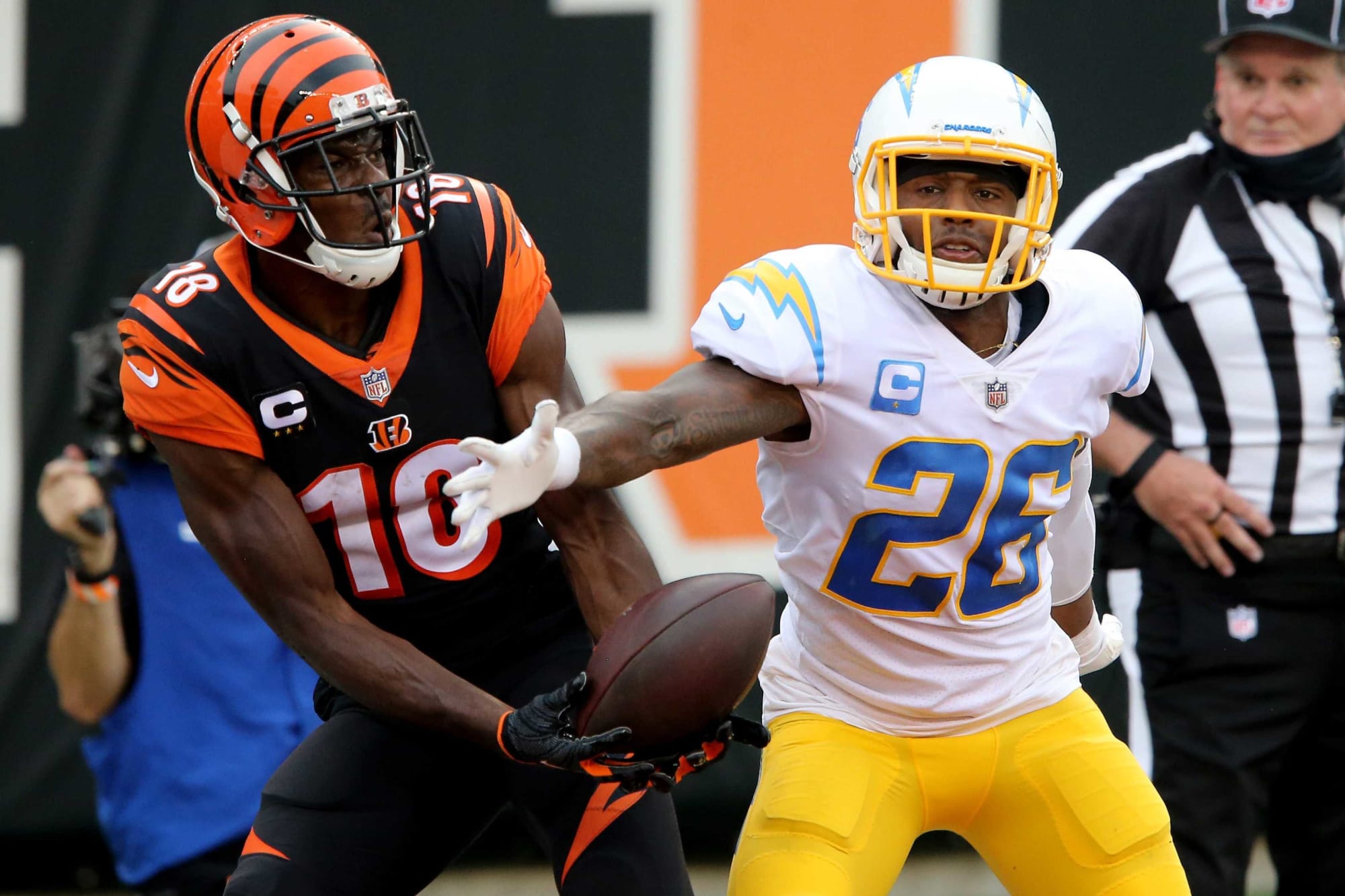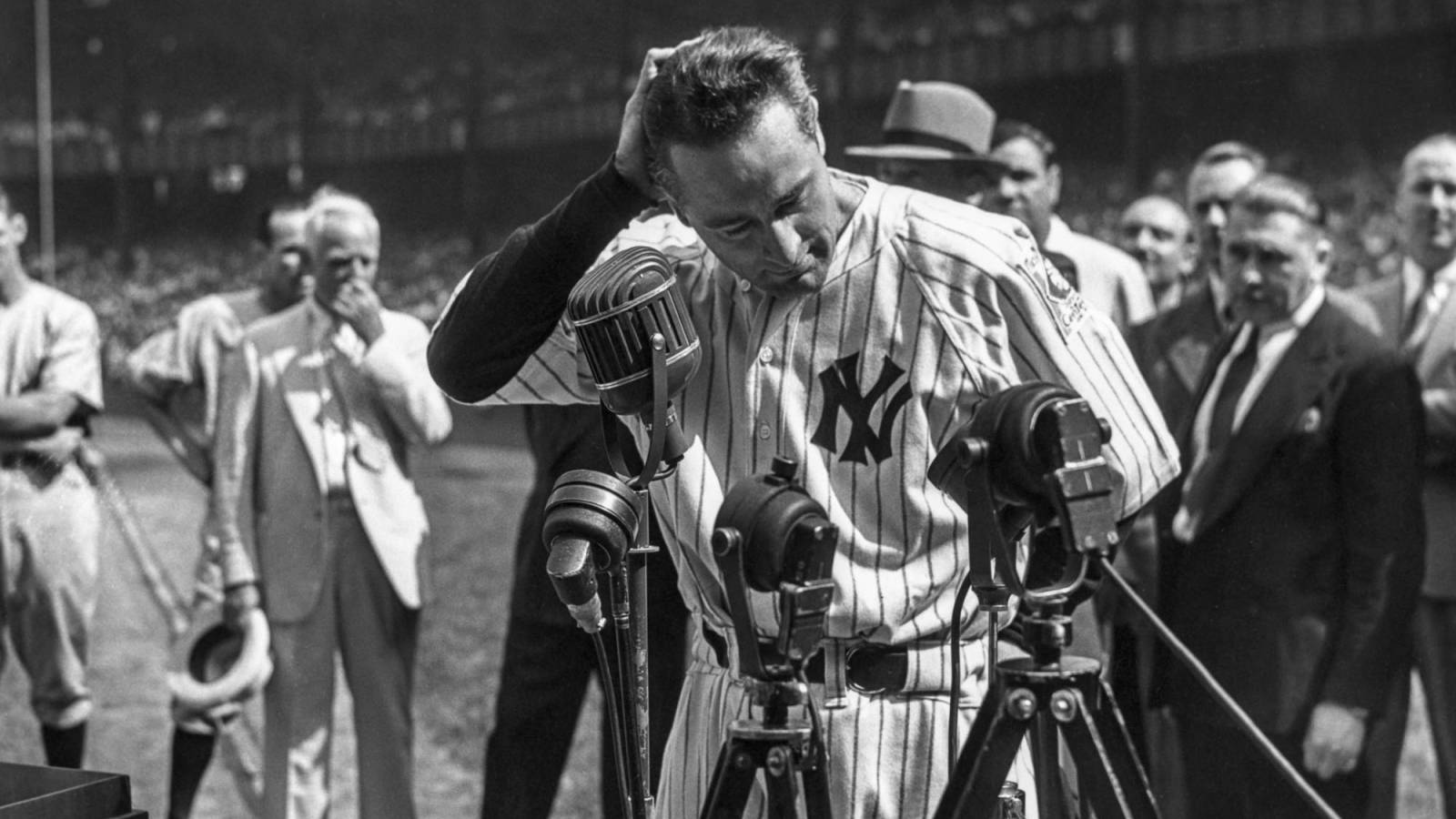For those teams looking to improve at second base, many free-agent options have already gone. Marcus Semien went to the Rangers, Javier Baez to the Tigers, Eduardo Escobar to the Mets, Cesar Hernandez to the Nationals and Rougned Odor to the Orioles. Chris Taylor and Leury Garcia returned to their clubs from 2021, the Dodgers and White Sox, respectively. It seems some people in the industry believe Trevor Story
should be moved to second base, but it’s unclear if Story himself agrees with that assessment. It’s also possible that another shortstop could be moved to second, such as Jose Iglesias, though he has only 21 games of second base experience in his career thus far and hasn’t matched Story’s offensive production. For teams looking to upgrade at the keystone, who’s still available to be signed after the lockout?
Josh Harrison, 34, had an awful campaign in 2019 but has been solid over the past two seasons. Over 2020 and 2021, he got into 171 games and hit .279/.343/.402. That amounts to a wRC+ of 104 and 1.8 fWAR. Of those 171 games, he played second base in 114 of them, as well as lesser time at third and shortstop, with brief stints at all three outfield spots and even one inning at first base. Statcast doesn’t like his defensive work at those tertiary positions, but he was worth 8 OAA as a second baseman in 2021.
Jed Lowrie, 38 in April, only played nine games over 2019 and 2020 due to injuries. 2021 was a solid bounce back, however, as he played 139 games, hitting .245/.318/.398, for a wRC+ of 100, exactly league average. However, almost half of those games saw Lowrie slotted in at DH or appear as a pinch hitter, as he only played second base in 71 of them, along with three innings at third.
Donovan Solano, 34, is coming off the best three years of his career. From 2019 to 2021, he played 236 games, hitting .308/.354/.435 for a wRC+ of 114. In most of those games, 172, he appeared at second base, while also seeing some limited action at third and short. Statcast pegged his defense at second base as close to average over those three seasons.
Jonathan Villar, 31 in May, has alternated hot and cold in recent years. In 2019, he hit 24 homers, stole 40 bases and slashed .274/.339/.453 for a wRC+ 107 and 3.9 fWAR. In the shortened 2020 campaign, he hit just two dingers, stole 16 bases and hit .232/.301/.292 for a wRC+ of 65 and -0.3 fWAR. He turned things around again in 2021, with 18 homers, 14 stolen bases and a line of .249/.322/.416, 105 wRC+ and 2.1 fWAR. He only played nine games at second, as the Mets largely used him at third and short. Statcast wasn’t enamored with his defense in 2021, pegging him at -3 OAA overall.
Matt Duffy, 31 in January, had a rough 2019 and couldn’t crack the big leagues in 2020. Signed by the Cubs to a minor league deal prior to the 2021 season, he was able to crack the Opening Day roster and stick with the club all season long, except for a two-month stint on the IL. He got into 97 games and hit .287/.357/.381, for a wRC+ of 102 and 1.5 fWAR. He played 56 games at third, 21 at second, five at shortstop, three in left field, two at first base and even logged one third of an inning on the mound. Statcast graded him as being -4 OAA at second base in that small sample.
Matt Carpenter, 36, had a tremendous run from 2012 to 2018, putting up a wRC+ of at least 117 for seven straight seasons. However, it’s been a straight slide downwards since then. He finished 2018 at 140 but dropped to 96, 85 and 70 over the subsequent three campaigns. His strikeout rate also gradually ticked upwards, from 23.3% in 2018 to 26.2%, 28.4% and 30.9% in the three following years. He played 34 games at second base this year and was considered around average by Statcast. There’s no questioning it’s been a rough few years, but if he could get anywhere near his previous peak, he could be an intriguing bounceback candidate.
Each of these players has warts, but none of them should command a huge financial commitment. Villar was the only one to crack MLBTR’s Top 50 Free Agents, being predicted to get a contract of $14M over two years.





